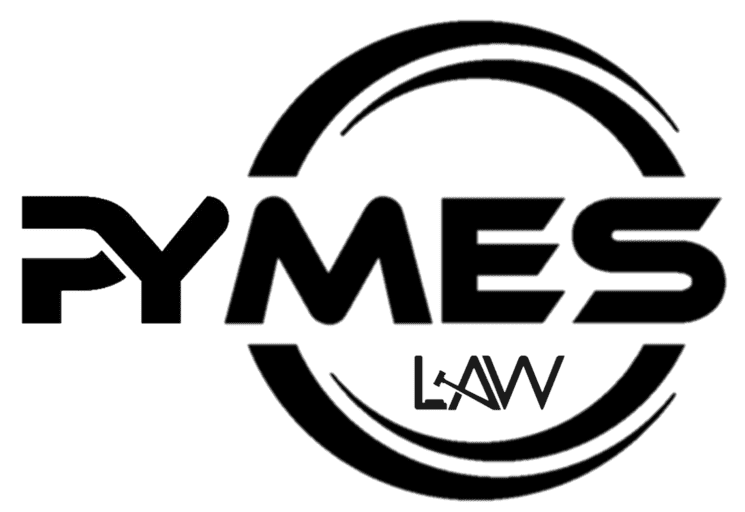In the process of upholding justice and ensuring the enforcement of fundamental rights worldwide, writs are important elements that play an important role. In every single legal system in the world, this is true. Writ jurisdiction is given considerable importance in Bangladesh when it comes to protection of individual rights and maintenance of rule of law. This is especially true in upholding the rule of law.
Introduction to Writs
Courts have the power to issue writs, which are legal orders, to enforce rights or correct wrongs. Not only are they essential elements of the legal system, they are also powerful tools for the purpose of judicial review. The High Court Division in Bangladesh is the exercise of writ jurisdiction. It empowers it to issue writs specifically for the purpose of upholding the fundamental rights guaranteed by the Constitution.
Types of Writs in Bangladesh
There are five types of writs available in Bangladesh:
Habeas Corpus: Ensures the release of an unlawfully detained person.
Mandamus: Enjoins public officials from performing their duties.
Certiorari: reviews lower court decisions to confirm validity.
Prohibition: Prevents lower courts from exceeding their jurisdiction.
Quo Warranto: Challenges the legitimacy of a person holding public office.
Writ Jurisdiction in Bangladesh
The High Court Division has ample jurisdiction to issue writs, embracing all matters relating to fundamental rights. This authority extends to the entire range of fundamental rights. Everyone is guaranteed access to justice as a result of its jurisdiction, including both constitutional and legal issues. It ensures that everyone has access to justice.
Conditions for filing writs
To be able to file a writ petition, a petitioner must have locus standi, which implies that they have a legal interest in the matter. This is necessary to allow the applicant to do so. Additionally, it is often considered essential to exhaust all other available remedies before resorting to writ jurisdiction. This is the case most of the time.
execution of writ
When a writ is issued by the court, it is the responsibility of the authority concerned to comply with the directions contained in the writ. If the requirements for compliance are not satisfied, contempt action is likely to be taken against the competent authority.
Challenge to Execution of Writ
Even though the legal framework is in place, it prevents proper execution of the writ. These obstacles include delays and non-compliance by authorities. The purpose of writ jurisdiction is undermined by this concern, which makes it more difficult to seek justice.
Landmark case
There have been several landmark decisions in Bangladesh which have influenced the jurisprudence on writs. These rulings set the standard for future legal interpretation and ensured that state officials could be properly held accountable.
Role of Judiciary in ensuring execution of writ
The Judiciary is responsible for ensuring that court directions are followed and overseeing the execution of writs, both of which are very important roles. In order to enforce conformity and maintain the rule of law, it uses the power of contempt that it has.
Importance of Writ in ensuring Justice
Writs are issued for the purpose of protecting the fundamental rights of the people and to act as a safeguard against arbitrary measures taken by the State. They play an essential role in ensuring that power structures remain stable and that authorities are held accountable for their actions.
Compared to other legal remedies
Unlike appeals and revisions, which are primarily concerned with correcting errors of law, writs are preventive measures used to protect individual liberties and protect against wrongdoing. They provide speedy redress and are often crucial when fundamental rights are violated.
Recent Developments
The recent amendments to the Writs Act are aimed at streamlining the procedures and enhancing the efficiency of the writ jurisdiction. Judicial reforms seek to address systemic problems and improve access to justice for all citizens.
Public awareness and awareness
While legal awareness regarding writs is increasing, there is a need for greater public education about the significance and usefulness of writ jurisdiction. Increasing legal literacy can empower individuals to assert their rights effectively.
Future Possibilities
The future of writ jurisdiction in Bangladesh lies in its continuous adaptation to the growing legal challenges and social needs. Efforts to strengthen the process of writ execution and increase transparency will be essential to ensure justice for all.
Conclusion
Writ jurisdiction is a cornerstone of the legal system in Bangladesh, which provides a mechanism for the enforcement of fundamental rights and accountability of authorities. Execution of writs is essential for upholding the rule of law and ensuring justice for all citizens.



0 Comments